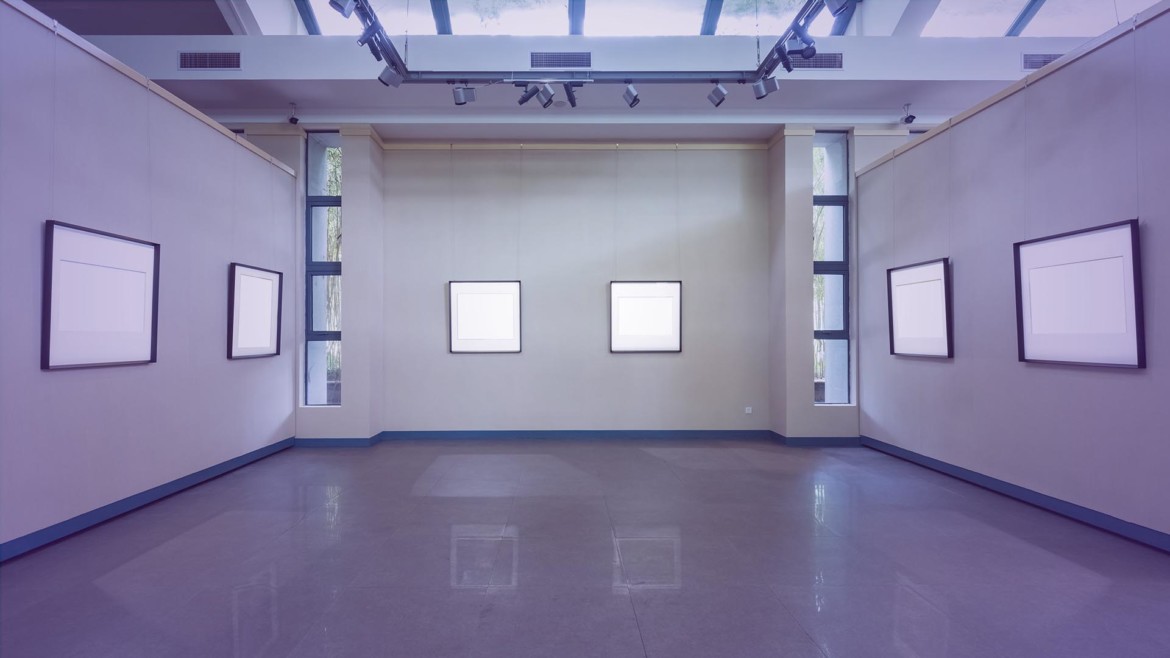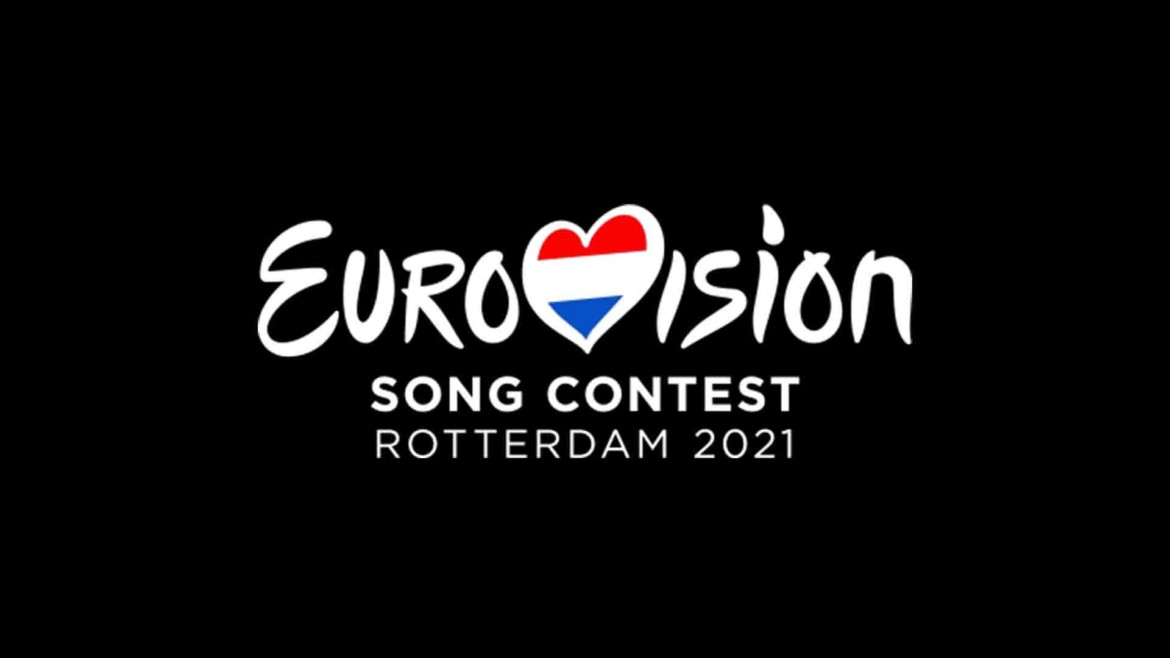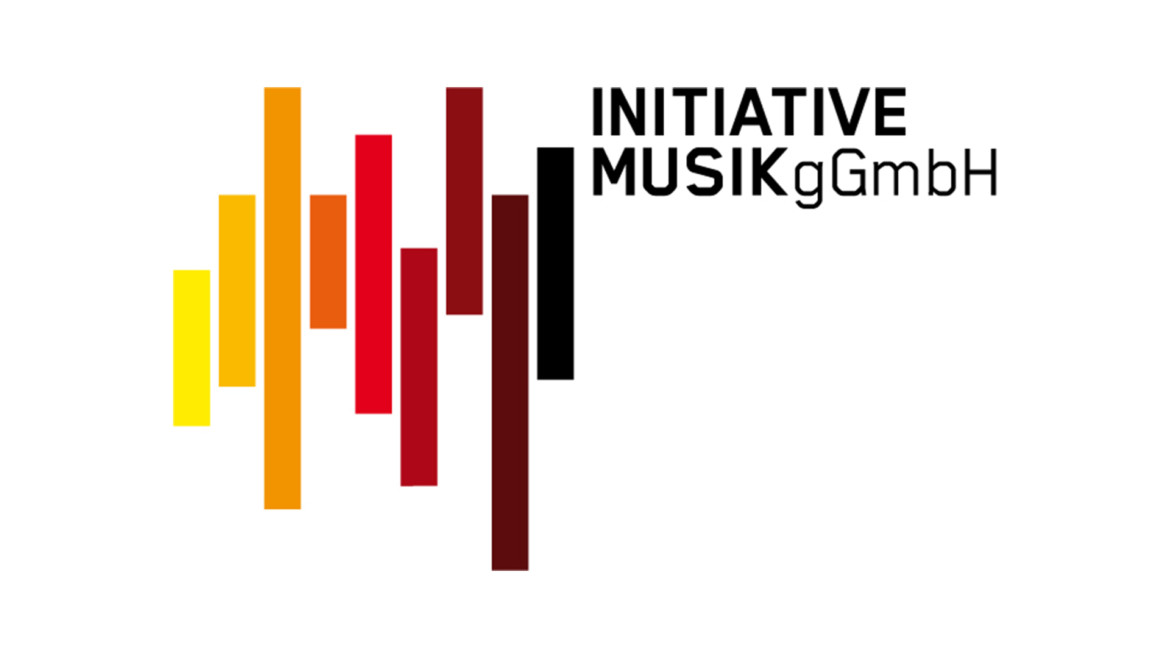LiveCulture is being erased
Compared to the automotive industry, whose sales fell by 25 percent, the event industry across Europe will have to forego a total of almost 200 billion euros in revenue. While event organizers still made sales of 643 billion euros in 2019, they recorded a total of only 444 billion in 2020.

This is highly alarming for the event and culture industry. Our live culture is practically being wiped out. In Berlin, every third musician is already taking a new career path. In book sales, a 25 percent drop in turnover was measured across Europe. This contrasts with exhibitions and the visual arts, which saw a total drop of 38 percent. But it is not only in Germany (declines of between 27 and 32 percent) that the event and cultural sector is expected to shrink sharply as a result of the ongoing pandemic and the associated closures of facilities and fallow cultural offerings. In a European comparison, Bulgaria and Estonia have been among the hardest hit, each recording over forty percent revenue losses. And in other countries such as Poland, Romania and Hungary, the situation is much worse than in Germany. According to estimates, one in eight museums worldwide will not reopen after the pandemic.
Projects are time-limited
The fragility of our cultural life is only highlighted by the prevailing crisis. It has always been there. Many cultural workers who do not work for institutions, such as universities, live in constantly changing forms of employment. It is difficult to capture and depict their life situation while working in parallel in different sectors with different job titles. The so-called mixed forms are usually characterized by several low-paid fixed incomes, side jobs, temporary jobs and honorariums. As a result, many who work in the event and culture industry fall through the financial aid cracks. There is no adequate representation of interests and thus also no sufficient representation that can adequately support the cultural workers.
Financial Help alone wIll not be sufficient

“It can not be the case that we as a society enjoy the arts when things are going well for us, and as soon as things get tight we say tough luck,” said Hella Dunger-Löper, president of the Landesmusikrat Berlin. Those involved in culture must be anchored in society because “we need culture, there’s no question about that, as a form of social welfare,” Dunger-Löper said. The GESAC association, which represents 1.1 million authors and composers in Europe, is also actively involved in finding solutions. The association is primarily calling for more financial support for the European cultural sector in general. However, financial support alone will not be enough to sustain our event and culture industry and strengthen it for the consequences of the pandemic in the years to come. Above all, the legal framework conditions must be optimized so that private investors can channel more money into culture, demand authors and composers. Better training, the obligation of international networks to comply with European standards, and preventing the erosion of copyright are also important points that the GESAC association has written on its agenda.






Leave a Reply